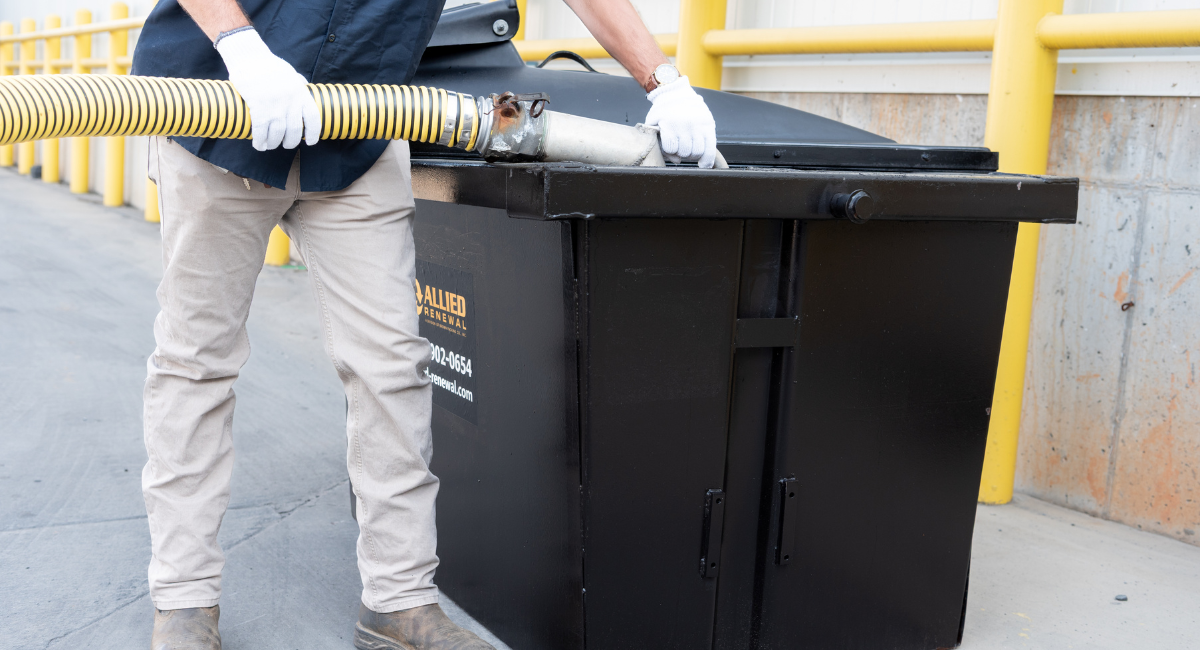For many in the restaurant industry, the words "health code inspection" probably aren’t their favorite. Besides ensuring clean surfaces, proper food storage, and meticulous temperature logs, addressing this essential—but often-overlooked—aspect of commercial kitchens can significantly impact your health inspection score: used cooking oil collection and disposal.
Learn More About Used Cooking Oil
Managing used cooking oil might not be the most glamorous part of restaurant operations, but it's certainly a critical one. Here's why proper collection and disposal are crucial for passing your next health code inspection.
Preventing Pests
Used cooking oil—especially when left in open, unsealed, or overflowing containers—can lead to huge pest problems. Rodents and insects are highly attracted to residual food particles and the smell of grease. A health inspector will immediately flag any evidence of pest activity, which can lead to serious violations and even temporary closure. Properly sealed collection containers provided by a reputable service like Allied Renewal eliminate this risk, keeping your kitchen free from these unwanted guests.
Eliminating Odor
Used cooking oil produces a distinctly unpleasant odor. Beyond attracting pests and being off-putting for your employees and customers, strong odors can be a red flag for health inspectors, indicating poor sanitation practices or inadequate waste management. Regularly scheduled used cooking oil collection contains and prevents these odors from becoming an issue.
Maintaining Clean Floors
Spills and leaks from improperly stored or overflowing used cooking oil containers can track grease throughout your kitchen, creating a safety hazard as well as an unsanitary environment that's difficult to clean and becomes a magnet for trapping dirt and grime. Health inspectors pay close attention to the cleanliness of floors and surfaces, and signs of spilled used cooking oil residue may lead to deductions. Our secure collection bins make it easy to keep your floors clean and safe.
Avoiding Clogged Drains
While it might seem like an easy solution, pouring used cooking oil down the drain is the quickest way to cause catastrophic clogs in your plumbing system. Grease solidifies as it cools, leading to blockages, sewage backups, foul odors, and costly repairs. Health inspectors are increasingly aware of proper grease disposal practices and may require proof of a proper system in place, especially if there are any signs of plumbing issues throughout your building. Partnering with Allied Renewal ensures your oil is disposed of responsibly, protecting your plumbing and saving you from expensive repairs.
Partner with Allied Renewal Before Your Next Health Inspection
In summary, a well-organized, clean, and properly managed used cooking oil system goes a long way toward showing health officials you maintain a safe and hygienic kitchen environment. Don't let improper used cooking oil management be the reason for a less-than-stellar health inspection report! Partner with Allied Renewal for reliable, efficient, and compliant collection services that will help your kitchen pass its next inspection with flying colors. We provide the right containers, regular pickups, and peace of mind.





